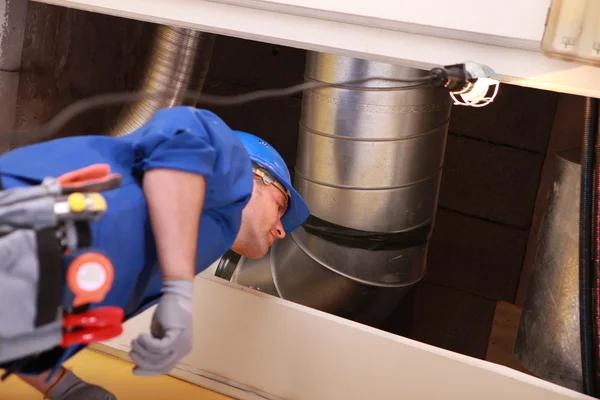How to Save Money on Your Air Conditioning HVAC Bills
Air conditioning is essential for maintaining comfort during hot weather, but it can also be a significant contributor to high energy bills. Fortunately, there are several effective strategies you can implement to reduce your HVAC costs without sacrificing comfort. By adopting smart habits and making small adjustments, you can enjoy a cooler home while keeping your expenses in check.
One of the easiest ways to save money on air conditioning is by setting your thermostat at an energy-efficient temperature. The U.S. Department of Energy recommends keeping it at 78°F (26°C) when you’re home and raising it a few degrees higher when you’re away or sleeping. A programmable or smart thermostat can automate these adjustments, ensuring optimal energy use throughout the day.
Regular maintenance plays a crucial role in improving HVAC efficiency and reducing costs. Clean or replace air filters every one to three months, as dirty filters restrict airflow and force the system to work harder. Additionally, schedule annual professional tune-ups for your AC unit to ensure it’s running at peak performance.
Sealing leaks around doors, windows, and ductwork prevents cool air from escaping your home. Use weatherstripping or caulk to close gaps that allow warm outside air inside. Proper insulation in attics and source walls further helps maintain indoor temperatures without overburdening your cooling system.
Ceiling fans are another cost-effective way to enhance comfort while using less energy than an AC unit alone. Fans circulate cool air more efficiently throughout the room, allowing you to raise the thermostat setting without feeling warmer.
During daylight hours, keep blinds or curtains closed on sun-facing windows to block out heat from direct sunlight. Installing reflective window films or solar screens adds an extra layer of protection against unwanted heat gain.
Upgrading outdated equipment is another long-term solution for cutting down on cooling expenses. Modern HVAC systems are designed with higher energy efficiency ratings (SEER), which means they consume less electricity compared to older models while delivering better performance.
Finally, adopt simple habits like turning off lights and appliances when not in use since they generate additional heat indoors that forces your AC system into overdrive.
By combining these practical steps—adjusting temperature settings wisely, maintaining equipment regularly, sealing leaks effectively—you’ll not only lower your monthly utility bills but also extend the lifespan of your HVAC system while contributing positively toward environmental sustainability.

